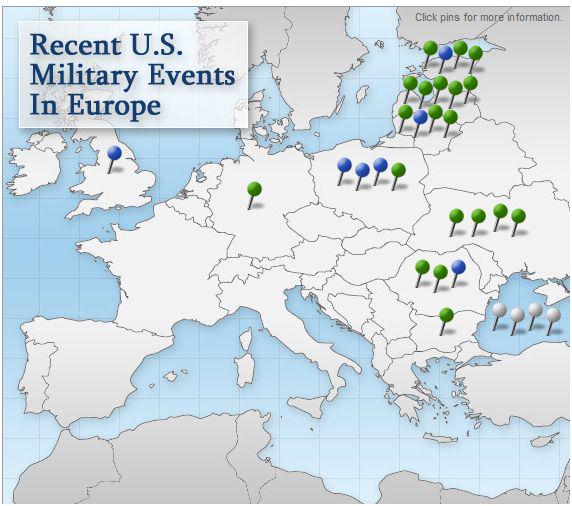The UK has refused to enter into mediation for the return of the sculptures, but has made tentative overtures towards arranging a loan
The British Museum could enter into talks
with Greece to lend them some of the controversial Elgin Marbles,
despite turning down a request for mediation.
In a letter to UNESCO,
Sir Richard Lambert, the chairman of the British Museum's board of
trustees, highlighted previous "joint ventures" between Greek and
British museums.
He offered to hold
talks with the Acropolis Museum over the pieces held by the British
Museum, and pointed out that the Museum "has routinely lent to Greece".
"As Trustees we attach great importance to these joint ventures, and
believe that both the study of the Parthenon Sculptures and their
display to the widest possible audiences illuminates not only the
Classical Greek achievement but also its impact on the world," he wrote.
"In conclusion, therefore, we would
invite our colleagues in Greek museums to continue to work with us and
to explore new ways of enabling the whole world to see, study and enjoy
the sculptures of the Parthenon."
A Marble relief (Block XLVII) from the North frieze of the Parthenon
The Marbles left London for the first time in December last year when a headless statue of the river god Ilissos was lent to the State Hermitage Museum in St Petersburg.
It has since returned to the British Museum and is on display as part of the exhibition Defining Beauty: the Body in Greek Art.
Greece has previously refused to consider a loan in case it signalled acceptance of the British Museum's right to the statues.
 A statue by Phidias, 438BC-432BC
A statue by Phidias, 438BC-432BC
Ed Vaizey, the Culture Minister, also wrote to UNESCO to decline mediation, citing those concerns.
"While we remain keen to cooperate with UNESCO in its work, the fact remains that the Parthenon sculptures in the British Museum were legally acquired by Lord Elgin under the laws pertaining at the time and the Trustees of the British Museum have had clear legal title to the sculptures since 1816," he said.
"Neither the British Government nor the British Museum are aware of any new arguments to the contrary since 1985, when a formal Greek request for the return of the sculptures was turned down by the British Government."
There was however "scope for further cooperation and collaboration", he said.
Eddie O'Hara, the chairman of the British Committee for the reunification of the Parthenon Marbles, said the UK's decision was "deeply disappointing".
He told the Independent: "They play the game of offering a loan because they know the Greeks would never accept a loan."
The Marbles left London for the first time in December last year when a headless statue of the river god Ilissos was lent to the State Hermitage Museum in St Petersburg.
It has since returned to the British Museum and is on display as part of the exhibition Defining Beauty: the Body in Greek Art.
Greece has previously refused to consider a loan in case it signalled acceptance of the British Museum's right to the statues.
Ed Vaizey, the Culture Minister, also wrote to UNESCO to decline mediation, citing those concerns.
"While we remain keen to cooperate with UNESCO in its work, the fact remains that the Parthenon sculptures in the British Museum were legally acquired by Lord Elgin under the laws pertaining at the time and the Trustees of the British Museum have had clear legal title to the sculptures since 1816," he said.
"Neither the British Government nor the British Museum are aware of any new arguments to the contrary since 1985, when a formal Greek request for the return of the sculptures was turned down by the British Government."
There was however "scope for further cooperation and collaboration", he said.
Eddie O'Hara, the chairman of the British Committee for the reunification of the Parthenon Marbles, said the UK's decision was "deeply disappointing".
He told the Independent: "They play the game of offering a loan because they know the Greeks would never accept a loan."





